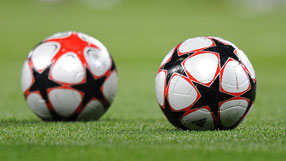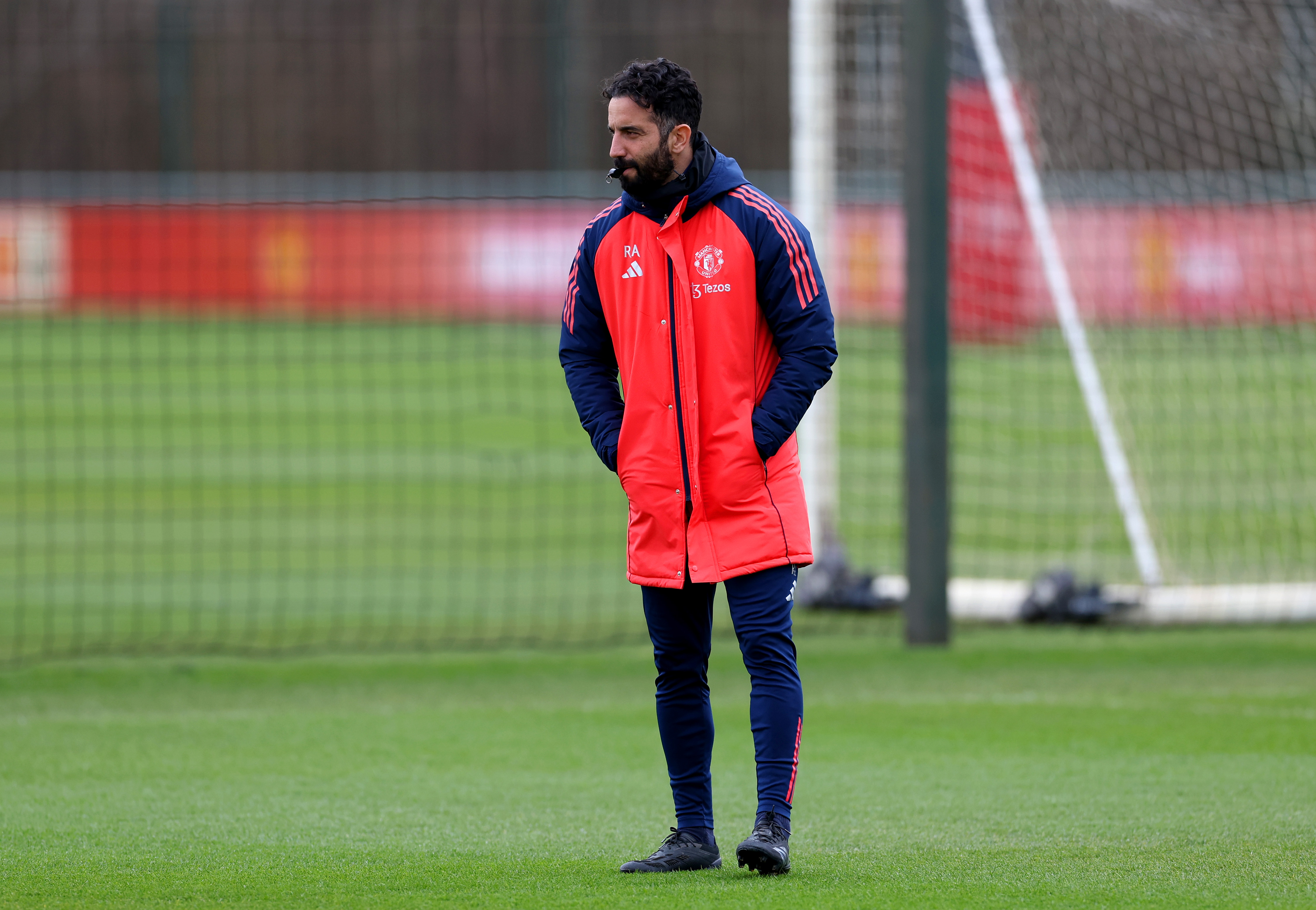Matchfixing scandal a microcosm of China's ills
BEIJING - China's football matchfixing problem is finally being tackled but the travails of the game are merely a reflection of wider problems in Chinese society and the taint of corruption looks destined to return.

The new Chinese Super League (CSL) season, delayed for a week because of the chaos caused by the scandal, kicks off this weekend minus two teams relegated because of their role in the fixing of matches.
The arrest of at least 20 officials this year, including the head of the Chinese Football Association (CFA) Nan Yong, might deter such activity for a while but the conditions that allowed corruption to flourish remain in place.
"Football, full of fraud, gambling and crime, epitomises the whole of Chinese society. Within government, academic and legal circles and even NGOs, everyone is suffering similar problems," well known human rights lawyer Pu Zhiqiang told Reuters.
"The rules are not respected. And the rules themselves are made without transparency. Everyone is trying their best to turn his power and influence into cash.
"Refs take bribes, the head of refs manipulates the results, players are hired by casino owners."
The Communist Party came down hard on all forms of corruption following the 1949 revolution but the problem has resurfaced with a vengeance since market economic reforms began in the late 1970s.
Tawdry tales of CFA officials acting as go-betweens to fix matches, clubs paying for places in the China squad and players trying to score own goals in attempt to get the right betting "spread" have filled the Chinese media this year.
Get FourFourTwo Newsletter
The best features, fun and footballing quizzes, straight to your inbox every week.
Reports of diamonds, gold bars and Swiss watches discovered at Nan's home last week only added to a picture of rapacious football officials who came to feel they were untouchable.
Pu believes that unless there is openness and transparency in the governance of Chinese institutions, corruption will remain a problem.
Football in China is ostensibly run by the CFA but there is little pretence that the real power lies with the General Administration of Sport (GAS), the monolithic government ministry which oversees the Soviet style sports system.
START AGAIN
Rowan Simons is a long-time Beijing resident and author of "Bamboo goalposts", a book on Chinese football in which he argued that the game must be totally rebuilt from the grass-roots.
"It's exactly what we've been complaining about for the last decade," he said of the scandal.
"There's no accountability, no responsibility for people to look after their own game. It's viewed as a government game and therefore there's no respect for it."
Few doubt the genuine desire of the government to clean up the game as the police investigation was driven in part by a series of comments from senior Communist Party officials, including President Hu Jintao.
Having seen what "soft power" benefits China harnessed from the success of the Beijing Olympics, the government are keen for football to do the same after long years of failure on the pitch.
Wei Di, who was brought in to replace Nan, has been handed the task of cleaning up the game and creating a national team capable of regularly qualifying for the World Cup fi
